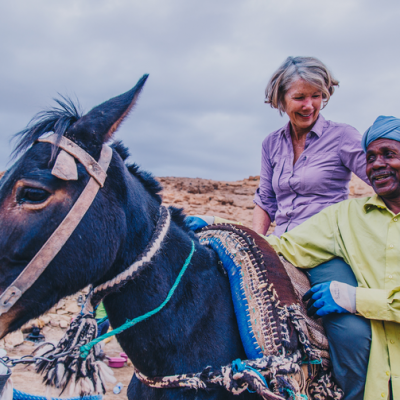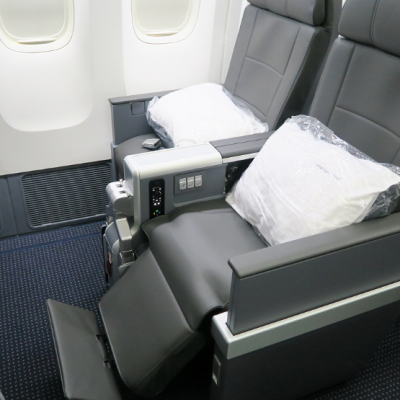One of the basic lessons that people tend to learn in life is that if you want to get a job done properly or get good advice, then you need to engage with someone who has built up their expertise over a long period and with some degree of repetition and refinement — whether that be a bricklayer, a lawyer, a physiotherapist or a doctor. The modern world has become so complex that people tend to specialise in ever-more specific areas of endeavour — and that’s where the expertise comes from.
In 2008, Malcolm Gladwell wrote a non-fiction book (his third) called ‘Outliers’ which introduced readers to the phenomenon of the ’10,000 hour rule’ which, simply put, posited the theory that in order to become expert at anything, you needed to invest at least 10,000 hours in refining your skills, ability, aptitude etc. Malcolm cited many examples of this principle and one of the more colourful (and compelling) ones concerned the Beatles — arguably the best band of all time! Rather than expound any further on this theory, I strongly urge you to read Malcolm Gladwell’s book.
The same rationale applies when choosing a lawyer to advise you on making a will (you wouldn’t necessarily choose someone whose specialty was copyright law) yet when people think of travel agents, they tend to assume that one size fits all when in actuality, nothing could be further from the truth.
The world is a very large place with some 193-196 unique, sovereign states — depending on which source you refer to. There is also a potentially limitless list of different types of holiday experiences that one can enjoy; ranging from the obvious ones such as beach, summer sun, honeymoon etc to the more niche areas such as cultural, adventure, cruising, ski, special event, conference, gastronomic and so on. Each destination (and indeed each region, department, city or resort within each destination) requires a degree of expertise that only comes from years of experience; multiple trips to that destination and a comprehensive overview of the history, topography, culture, security, health, customs, people, weather and health issues unique to that destination.
Few people can boast that level of expertise unless they eat, live and sleep that destination/product/experience, day in and day out, year after year. In much the same way that a GP might refer a patient to a specialist, depending on the nature of the diagnosis, so too do travel agents seek the advice and expertise of other experts within the travel eco-system to help them in selecting the optimum solution for a customer with very specific needs. That’s why it always makes more sense to contact a high-street travel agent in the first instance if you have an out of the ordinary travel request because if the agent doesn’t know the answer to the question, there’s a better than even chance that they will know someone who does!
The travel industry in general is not as homogenous as many people think and is made up of various subsets of experts, each of whom tend to specialise in specific areas of the industry such as airlines, cruise lines, visas, inoculations, skiing, adventure and so on. By entrusting your travel requirements to just one point of contact within this very diverse industry, you are, by extension, potentially accessing a multiplicity of experts across different fields who collaborate to deliver a very specific experience to you and your travelling companions for no more (and possibly less) that what you could possibly hope to buy it for in the open DIY marketplace where your final choice may not turn out to be fit for purpose.
The general rule of thumb is that the further up the food chain you go in terms of either cost and/or complexity, the more sense it makes to entrust your travel arrangements (and your money) to the experts!





